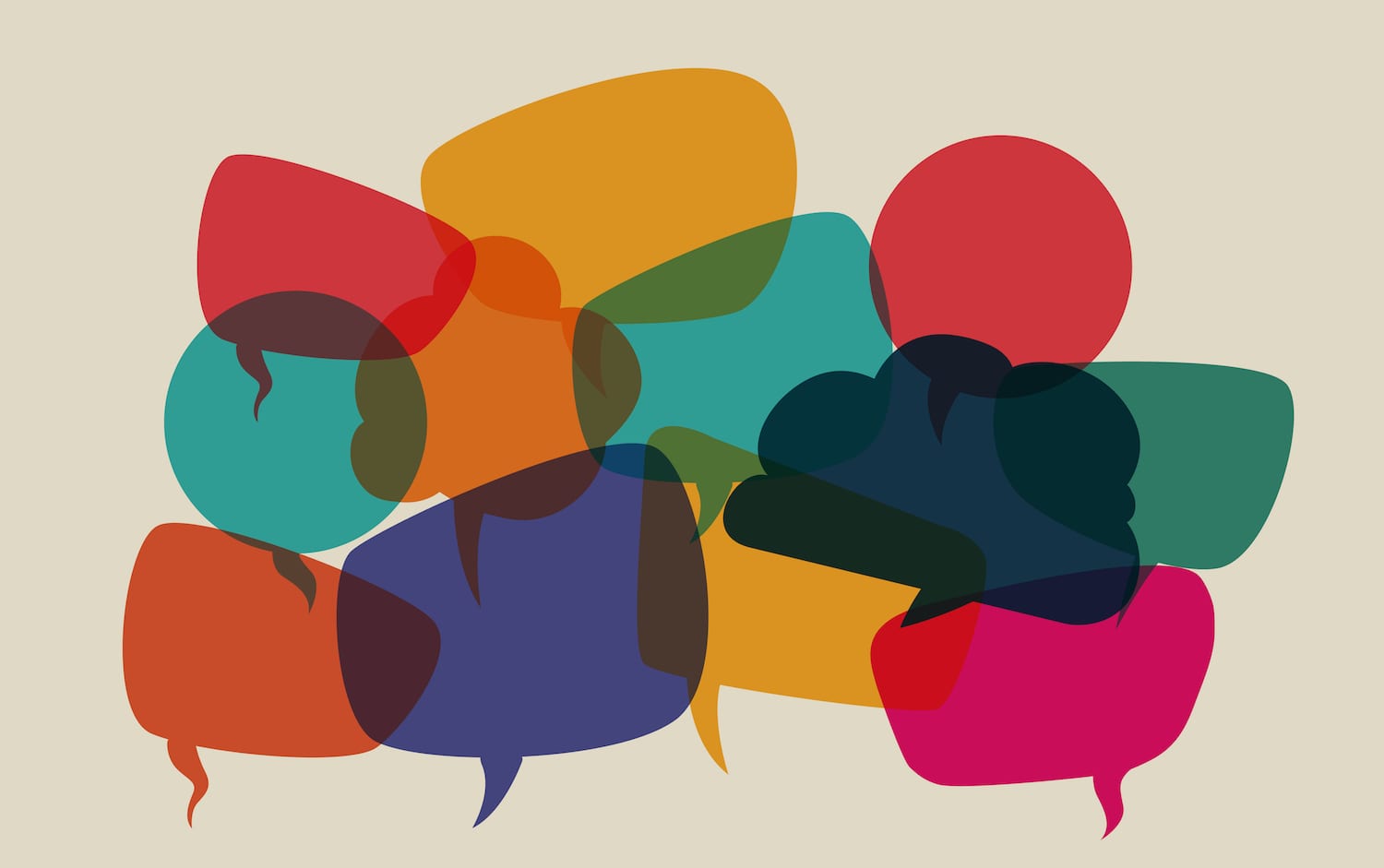By Bryan Orr
A while back, I joined a mastermind group that meets in my town. The first time that I attended, they asked me to talk about my business and my life goals, etc. This led into some specific and probing questions that I began answering with vigor. Suddenly, the guy that leads the group, Rick, interrupted me and said, “Bryan, let’s play a fun little game. From now on don’t say the word ‘I.’” Ouch.
What followed was one of the most humiliating exercises I have ever experienced, as it became quite clear that I had no ability to communicate the most basic ideas without the word “I.” (Three times in this sentence alone.)
When it was all finished and I was left simpering in the corner, Rick summarized by saying, “You may think that others don’t notice how often “I” is said, but they do.”
It hurt; in all the right ways. And it got me thinking about what it really takes to engage in truly authentic communication.
Authentic Communication Has Nothing to do with You
The saying goes, “Humility isn’t thinking less of yourself, it is thinking about yourself less.” People who are perceived as being authentic are those who confidently engage people on the basis of what the other person brings to the table.
The form of “authenticity” that is typically discussed is simply a form of self-defining narcissism. People will say “I’m just a blunt person,” or “They can either take it or leave it, because I’m just being authentic.”
That isn’t the kind of authentic communication that attracts others. The brand of authenticity that is attractive is someone who does not waste time talking about what kind of person they are, but instead looks to add value to other people in conversation using thoughtful questions and sharing emotionally impactful experiences.
Interrupt Yourself
Next time you are in a conversation stop and think: What is my objective? Am I just talking? Am I trying to fulfill an emotional need that I have? Or, am I INTENTIONALLY looking for ways to support the other person with my words?
People are trained to be polite. That’s a good thing, but it means that they will never tell you that you appear plastic and self-focused, or boorish and rude. You are the only one who has the power to observe your own thoughts and decide: “Am I focusing on me right now, or am I really focusing on others?”
You see, as soon as you think about how you sound or look or act you will begin a behavioral spiral of self observation that will leave you looking fake at best, and ridiculous at worst. Instead, shift your focus away from yourself and genuinely focus on the other person; believe it or not, you will come across as relaxed, engaging and authentic.
The Good News
We are all self-interested; it’s natural and it isn’t all bad. It’s what makes us go to the gym (on occasion), and it helps us run away when we are being charged by an angry mamma grizzly bear. It is a human condition; the cool thing is that when you begin to shift your thinking away from yourself and towards others you will see amazing results in both your business and personal life.
It has been said that confidence is the closest thing to magic on this earth. That may be true, but while confidence may be like magic, selflessness is a true miracle.
Have you ever tried to ban the word “I” from your vocabulary for a day? Give it a shot.

